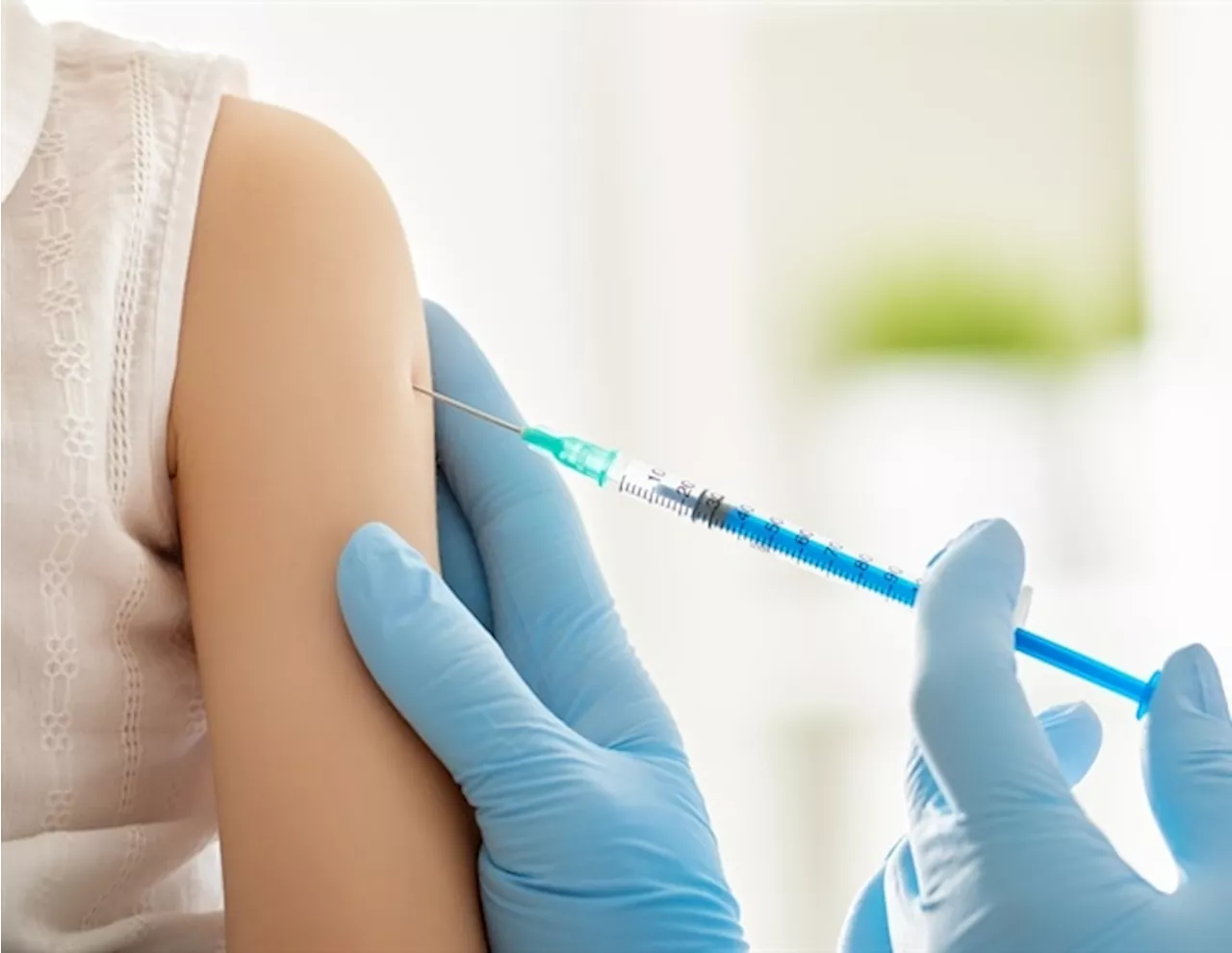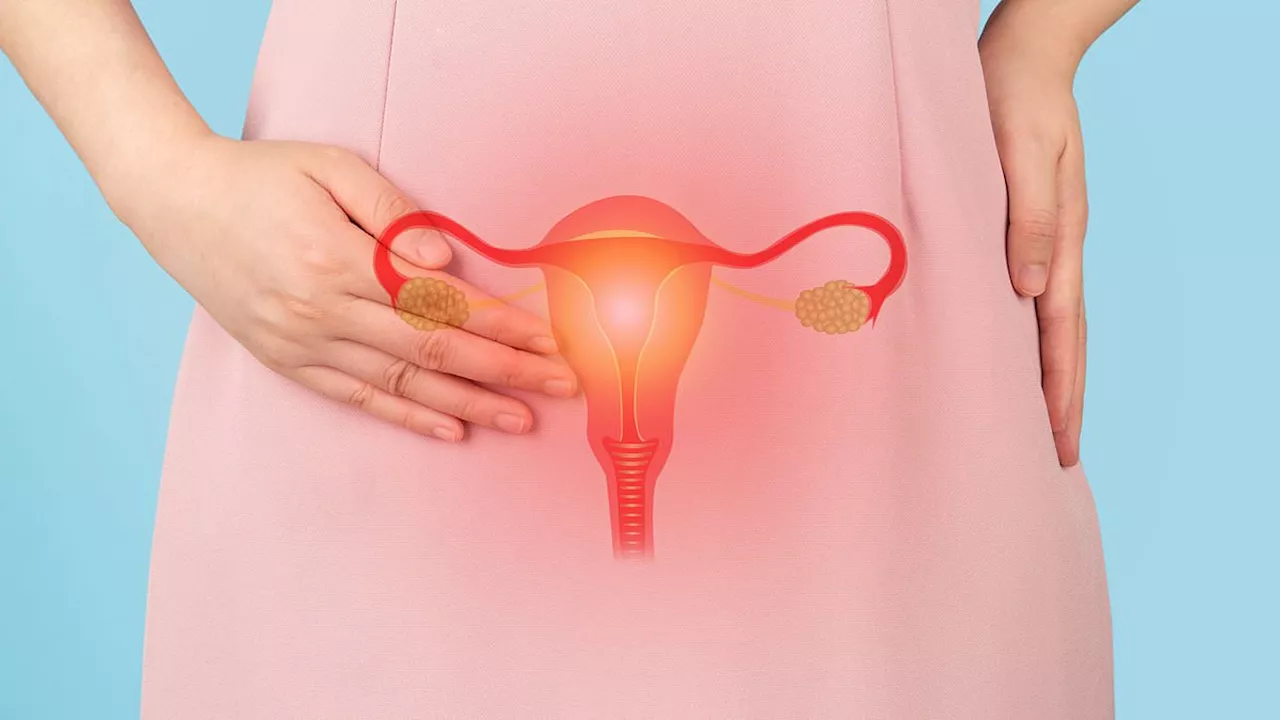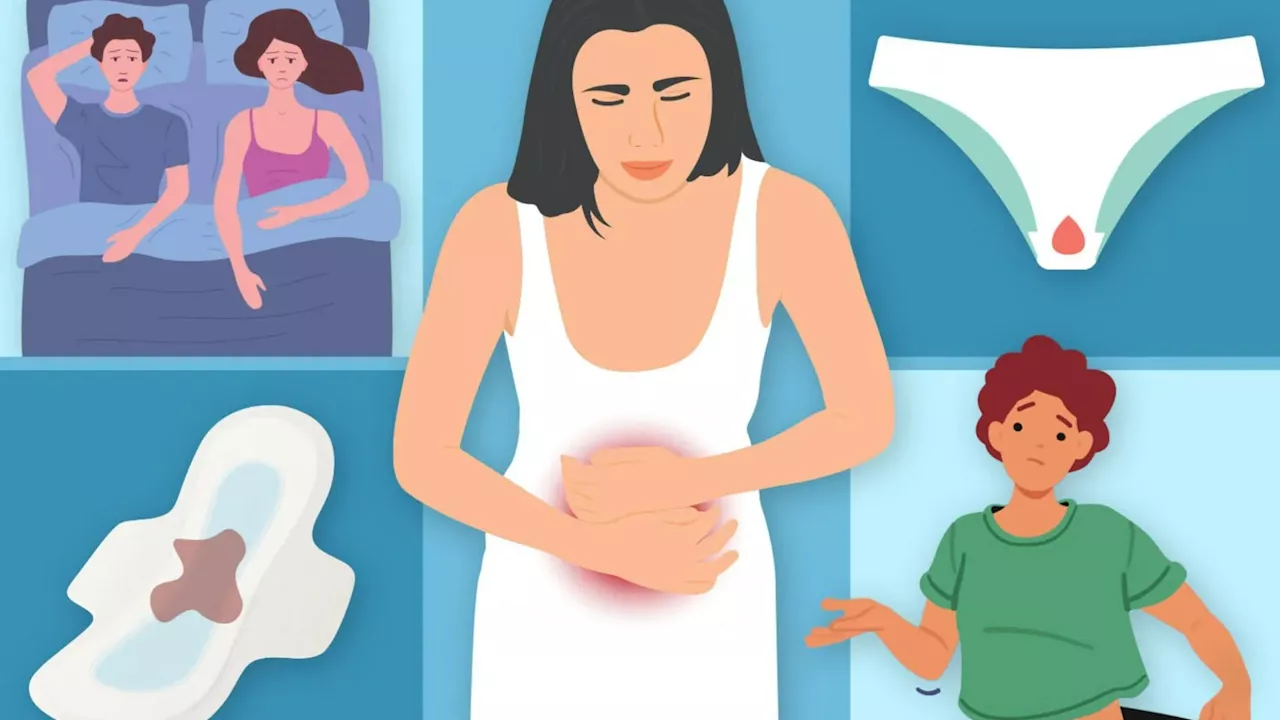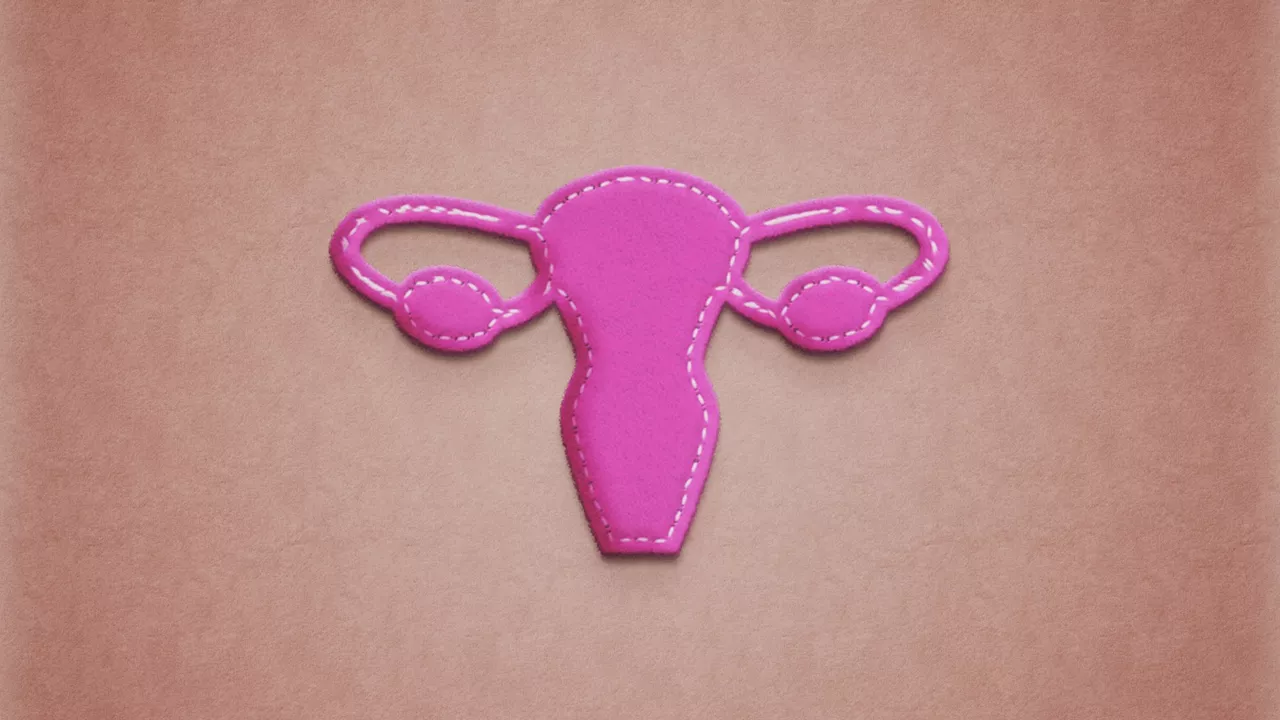A major breakthrough in cervical cancer treatment has been achieved, cutting the risk of death by 40 percent. This news comes alongside vital information about prevention, risk factors, and the importance of vaccination and screening.
Cervical cancer is a potentially eradicable disease if women attend for both vaccination and screening. This is according to John Butler, medical director at The Lady Garden Foundation, who emphasizes the importance of breaking down taboos and myths surrounding the disease. Around 95 percent of those diagnosed at stage 1 will survive for five years or longer. A major breakthrough in cervical cancer treatment has been achieved, cutting the risk of death by 40 percent.
Most sexually active people come into contact with HPV during their lifetime. Two of these types (16 and 18) cause about 70 percent of all cervical cancer cases. While using condoms during sex can lower your risk of HPV, vaccines are the most effective way to protect yourself. The HPV vaccine is offered to all children aged 12 or 13 in the UK, and is also available to men under 45 who have sex with men, sex workers, and individuals with weakened immune systems. However, these vaccines don't provide protection against all types of HPV, which spreads through close skin-to-skin contact. Therefore, attending your smear tests when invited is crucial. Cervical screening in the UK is offered to most women, some trans men, and some non-binary people aged 25 to 64.Researchers believe that long-term inflammation caused by sexually transmitted infections (STIs) may make it harder for the body to clear the HPV infection. Smoking also significantly increases your risk, with women who smoke being two to five times more likely to develop cervical abnormalities compared to non-smokers. Early sexual activity also elevates the risk, doubling in women who first had intercourse at 14 or younger compared to those who began at 25 or older. Circumcision has been linked to a lower risk of cervical cancer in women whose only current male sexual partner is circumcised. Long-term contraceptive use, particularly oral contraceptives, can also increase your risk of cervical cancer, but this risk diminishes as soon as you discontinue use. Pregnancy history also plays a role, with a 15 percent higher risk in women who have had one full-term pregnancy. This risk further increases with the number of full-term pregnancies, reaching 64 percent higher in those who have had seven or more. Early motherhood is also a risk factor, with women who first gave birth at 17 or younger facing a higher risk compared to those who had their first child at 25 or older.Genetic predisposition can also increase your risk. You are 80 percent more likely to be diagnosed with squamous cell carcinoma (SCC), a type of cervical cancer, if your mother, sister, or daughter has had cervical cancer. However, it remains unclear whether this is due to faulty genes or shared environmental factors, including HPV exposure. Socioeconomic status also influences risk, with women living in the most deprived areas of England nearly twice as likely to be diagnosed with cervical cancer compared to their affluent counterparts
Cervical Cancer Treatment HPV Vaccination Screening Risk Factors Prevention
United Kingdom Latest News, United Kingdom Headlines
Similar News:You can also read news stories similar to this one that we have collected from other news sources.
 Cervical Cancer Screening: Early Detection Is Key in ScotlandThis article discusses the importance of early cancer detection, highlighting the rise in cancer cases in Scotland. It focuses on cervical cancer screening, explaining its purpose and availability on the NHS for individuals aged 25 to 64 with a cervix.
Cervical Cancer Screening: Early Detection Is Key in ScotlandThis article discusses the importance of early cancer detection, highlighting the rise in cancer cases in Scotland. It focuses on cervical cancer screening, explaining its purpose and availability on the NHS for individuals aged 25 to 64 with a cervix.
Read more »
 Cervical Cancer Screening: Early Detection Saves LivesThis article discusses the importance of early cancer detection, highlighting the availability of cervical cancer screening through the NHS in Scotland.
Cervical Cancer Screening: Early Detection Saves LivesThis article discusses the importance of early cancer detection, highlighting the availability of cervical cancer screening through the NHS in Scotland.
Read more »
 Two Doses of HPV Vaccine May Be as Effective as Three for Cervical Cancer PreventionA Swedish study suggests that two doses of the HPV vaccine can offer the same protection against severe cervical changes as three doses. This finding could significantly impact global cervical cancer elimination efforts.
Two Doses of HPV Vaccine May Be as Effective as Three for Cervical Cancer PreventionA Swedish study suggests that two doses of the HPV vaccine can offer the same protection against severe cervical changes as three doses. This finding could significantly impact global cervical cancer elimination efforts.
Read more »
 Silent Killer: 3 Red Flags of Cervical Cancer Every Woman Should KnowCervical cancer, often called a 'silent killer', can be easily mistaken for less serious problems. Experts urge women to be aware of three subtle red flags: heavier periods, bleeding after sex or menopause, and pain during sex. Early detection significantly improves survival rates.
Silent Killer: 3 Red Flags of Cervical Cancer Every Woman Should KnowCervical cancer, often called a 'silent killer', can be easily mistaken for less serious problems. Experts urge women to be aware of three subtle red flags: heavier periods, bleeding after sex or menopause, and pain during sex. Early detection significantly improves survival rates.
Read more »
 Know the Signs: 5 Subtle Symptoms of Cervical CancerThis article highlights five subtle symptoms of cervical cancer that women and their partners should be aware of. It emphasizes the importance of open communication and seeking medical advice if any concerning symptoms are noticed. The article also provides information about cervical screening and its role in early detection and prevention.
Know the Signs: 5 Subtle Symptoms of Cervical CancerThis article highlights five subtle symptoms of cervical cancer that women and their partners should be aware of. It emphasizes the importance of open communication and seeking medical advice if any concerning symptoms are noticed. The article also provides information about cervical screening and its role in early detection and prevention.
Read more »
 Woman urges others to attend smear tests after cervical cancer diagnosisA Northern Ireland woman, Samantha Wilson, is encouraging women to attend their cervical screening appointments after being diagnosed with stage one cervical cancer at the age of 29. Sharing her story during Cervical Cancer Awareness Month, Wilson emphasizes the importance of early detection and highlights the potential life-saving impact of regular screenings.
Woman urges others to attend smear tests after cervical cancer diagnosisA Northern Ireland woman, Samantha Wilson, is encouraging women to attend their cervical screening appointments after being diagnosed with stage one cervical cancer at the age of 29. Sharing her story during Cervical Cancer Awareness Month, Wilson emphasizes the importance of early detection and highlights the potential life-saving impact of regular screenings.
Read more »
